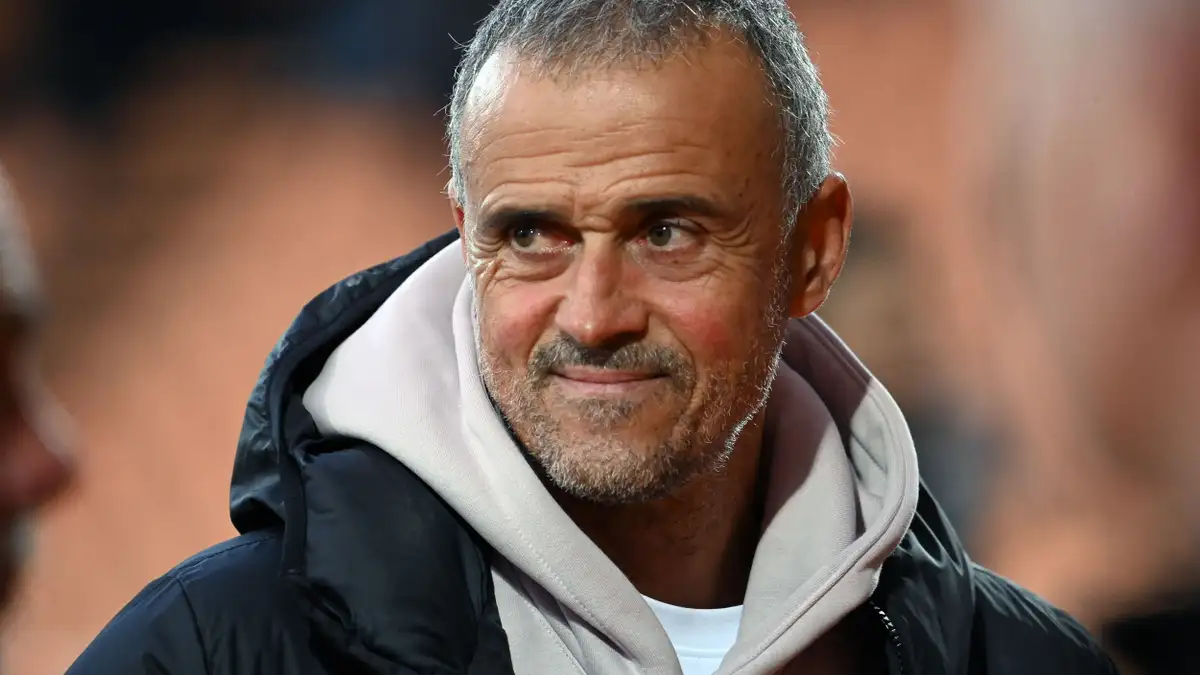
Luis Enrique Hints at PSG’s Transfer Plans in January and Admits ‘Very Few Players’ Can Improve European Champions
PSG’s Narrow Win Over Lyon Shows Both Strength and Fragility
At the Parc des Princes on Sunday night, Paris Saint-Germain reminded the world why they’re still the team to beat in Europe — and why Luis Enrique refuses to settle for complacency. Their dramatic 3–2 victory over Lyon, sealed by a last-gasp header from João Neves, was a thrilling reminder of the squad’s attacking power but also a clear reflection of the vulnerabilities that continue to concern their meticulous Spanish manager.
After the final whistle, Enrique didn’t bask in the glow of victory. Instead, he offered a typically composed, analytical reflection that has become his trademark since taking over the European champions. “Resilience is what I wanted to see,” he said. “We fought until the end, but we need to defend better. Both goals came from poor alignment. You can’t push the line up when there’s no pressure on the ball.”
Those words, though understated, carried a deeper message — PSG are evolving, but Enrique demands evolution with precision. He wants to build a dynasty, not just another collection of trophies. And that’s why his comments about the January transfer window have sparked so much intrigue.
Enrique Hints at PSG’s January Transfer Plans
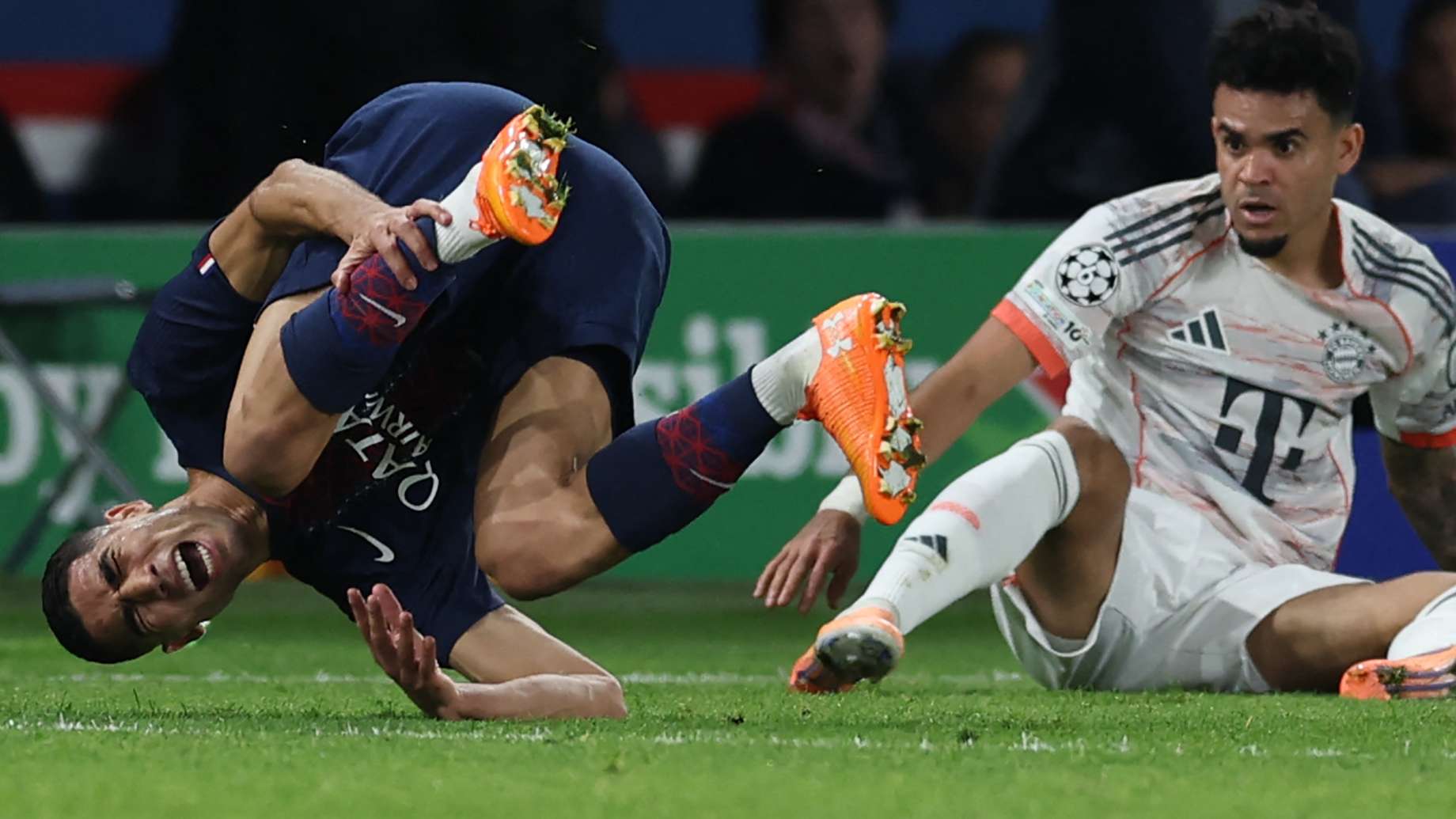
FBL-EUR-C1-PSG-BAYERN
Pressed on PSG’s potential business when the window opens, Luis Enrique struck a tone of calm confidence. He hinted that while the club is always open to strengthening, opportunities to genuinely improve such a high-performing squad are increasingly rare.
“Reinforcing a team of this quality is very difficult,” Enrique explained. “There are very few players who can truly strengthen this team. We have complete confidence in our current players. We won’t make any signings just because someone else thinks we need them.”
That statement encapsulates Enrique’s philosophy: a focus on continuity and cohesion over impulsive recruitment. Gone are the days when PSG would chase marquee names simply for the sake of spectacle. The European champions have evolved — and Enrique’s fingerprints are all over that transformation.
Still, PSG’s recruitment department is not standing still. The club has been linked with Barcelona defender Eric García, a player Enrique knows well from his time as Spain’s national team manager. García’s tactical intelligence, ball-playing ability, and comfort in possession fit seamlessly into Enrique’s structure-first system.
According to reports in France and Spain, PSG are preparing a €5 million offer for the 24-year-old in January. Barcelona, however, remain hesitant to sell, wary of thinning their defensive depth midway through the season.
While Enrique refused to comment directly on names, insiders at PSG have confirmed that reinforcements in defense remain a priority, particularly with Achraf Hakimi nursing an injury and the team struggling to maintain defensive balance in transitions.
PSG’s New Philosophy: Building Smarter, Not Flashier
The transfer speculation surrounding PSG is always intense — but what’s striking about the Enrique era is the shift in tone. Under sporting director Luis Campos, the club’s approach to squad-building has been fundamentally redefined.
The lavish spending of the past decade, characterized by high-profile, high-salary signings, has been replaced by a measured, data-driven, and financially disciplined model. The focus is now on sustainability and long-term squad chemistry, rather than superstar indulgence.
Campos, whose reputation for precision recruitment was built at Monaco and Lille, has introduced a wage structure that ties earnings to performance and availability. In his words, “You earn more when you deserve it, when you play.”
This policy has already reshaped PSG’s roster. Notably, the departure of Gianluigi Donnarumma in the summer of 2025 marked a symbolic break from the club’s old identity. The Italian’s wage demands were incompatible with the new financial framework, and Campos was unapologetic.
“Donnarumma wanted a PSG that no longer exists,” Campos said bluntly in a recent interview. “The club is now more important than any player.”
Under this regime, PSG no longer chase names — they chase profiles. Every signing must serve a tactical and cultural purpose. The flashy era of galáctico-style acquisitions has given way to an ethos of balance, depth, and unity.
Even Enrique’s rotation policy reflects that change. Young talents like Warren Zaïre-Emery and Bradley Barcola are not just squad players — they are central to PSG’s present and future. The message from Enrique and Campos is clear: if you perform, you play.
PSG Edge Lyon in a Thrilling Encounter
Sunday night’s clash against Lyon was the perfect microcosm of PSG’s season so far — moments of brilliance intertwined with moments of vulnerability.
Lyon fought valiantly, equalizing twice through Alexandre Lacazette and Rayan Cherki, but PSG’s resilience shone through. As the clock ticked into stoppage time, a corner whipped in by Vitinha found João Neves, who rose highest to nod home the decisive winner.
The goal sparked wild celebrations, but also frustration from Lyon’s side, as Nicolás Tagliafico had been sent off minutes earlier for a reckless challenge — a decision that prompted post-match protests from the Lyon bench.
Despite the drama, Enrique remained focused on the fundamentals. “We fought until the end,” he reiterated, “but we need to defend better. It’s not enough to have possession; we must also control space. Our alignment needs work.”
His analysis was precise — not emotional. It reflected a coach who, even after victory, sees only the next layer of improvement.
Zaire-Emery’s Rise and Enrique’s Faith in Youth
If PSG’s transformation has a face, it’s Warren Zaïre-Emery. The 19-year-old midfielder has become an emblem of the Enrique-Campos project: talented, intelligent, and relentlessly disciplined.
Against Lyon, Zaïre-Emery once again dictated the tempo, combining maturity with a fearlessness that belies his age. Enrique’s praise for him was effusive but controlled: “Warren is growing in every game. He represents what we want this team to be — ambitious, humble, and focused on the collective.”
Under previous regimes, PSG’s academy graduates often struggled to break into a star-studded starting XI. Now, under Enrique, they’re thriving. Players like Lucas Beraldo, El Chadaille Bitshiabu, and Ethan Mbappé are part of a deliberate strategy to build from within.
It’s a model reminiscent of Enrique’s Barcelona days — blending youth with experience, identity with excellence.
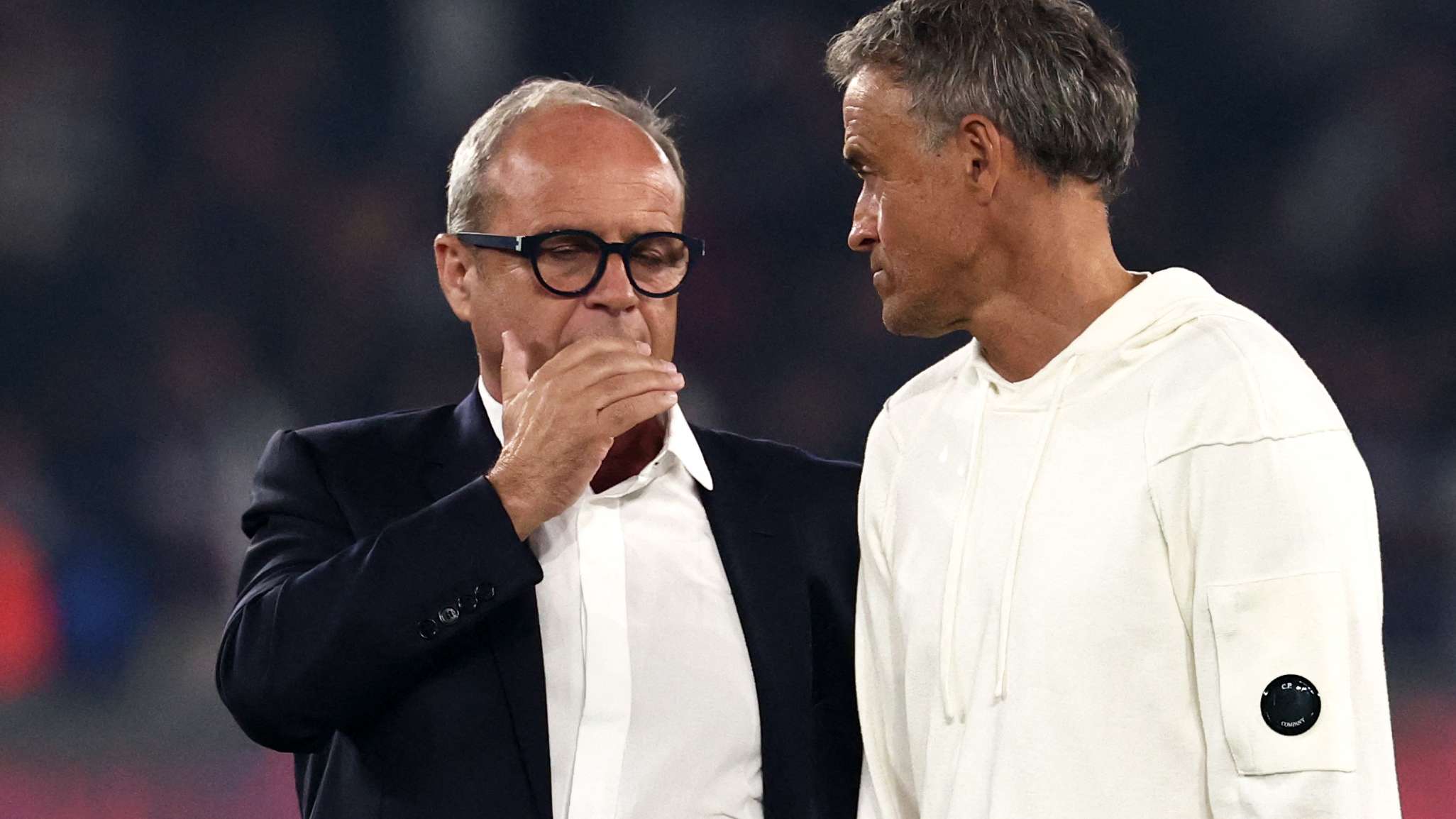
FBL-FRA-LIGUE1-PSG-ANGERS
A New Era of Accountability and Ambition
Behind the scenes, the harmony between Luis Enrique and Luis Campos has been crucial. Their shared footballing philosophy — built on tactical discipline, professionalism, and trust — has given PSG a newfound stability.
While other clubs still chase superstars, PSG are quietly mastering the art of balance. The team’s structure is tighter, the pressing more coordinated, and the dressing room less ego-driven. Players now compete for places based on performance, not reputation.
Even Kylian Mbappé, still the face of the club, has embraced the shift. Insiders describe him as “re-energized” by Enrique’s methods, appreciating the tactical clarity and emphasis on teamwork that the manager has brought.
PSG’s challenge, of course, will be maintaining this equilibrium. With Champions League expectations as high as ever, the temptation to make a headline-grabbing signing in January will linger. But Enrique and Campos appear united in resisting that urge — unless the right player, at the right price, becomes available.
Enrique’s Vision: Success Built to Last
In the end, Enrique’s post-match reflections offered a perfect summary of PSG’s new reality.
“We’re happy to be at the top, but it’s not enough,” he said. “We want to play better, defend better, and grow together. The goal is not just to win — it’s to build something lasting.”
It’s a statement that feels almost revolutionary in the context of PSG’s recent history. For years, the club chased instant gratification. Now, under Enrique and Campos, the mission is sustainability.
This isn’t just about winning Ligue 1 or the Champions League; it’s about creating a club identity that endures.
PSG’s narrow victory over Lyon was a glimpse of that philosophy in action: a team still learning, still imperfect, but full of resilience, unity, and purpose. And as Enrique’s comments about January made clear, Paris no longer buys greatness — they build it.
Looking Ahead: The Road to January and Beyond
With the January transfer window approaching, PSG’s stance is clear: evolution, not revolution. The focus will be on fine-tuning, not overhauling. Whether that means adding depth in defense or giving further minutes to the club’s rising stars, every decision will be deliberate.
For now, Enrique’s message to his players and fans is one of calm ambition. “We must stay focused,” he said after the Lyon game. “Winning is good — but improving is better.”
As the European champions head into the winter stretch of the season, PSG look like a team redefined — not just by their results, but by their restraint.
And in modern football, that might just be the most powerful victory of all.

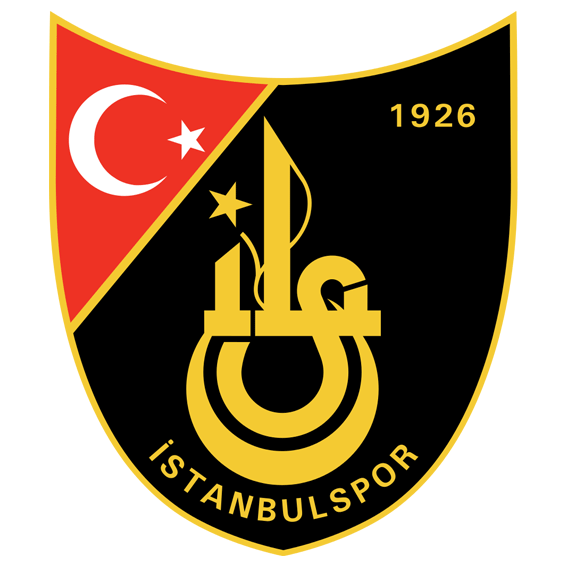
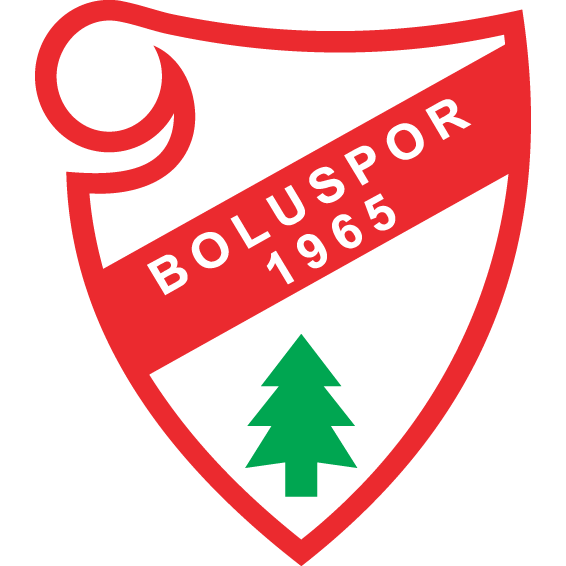


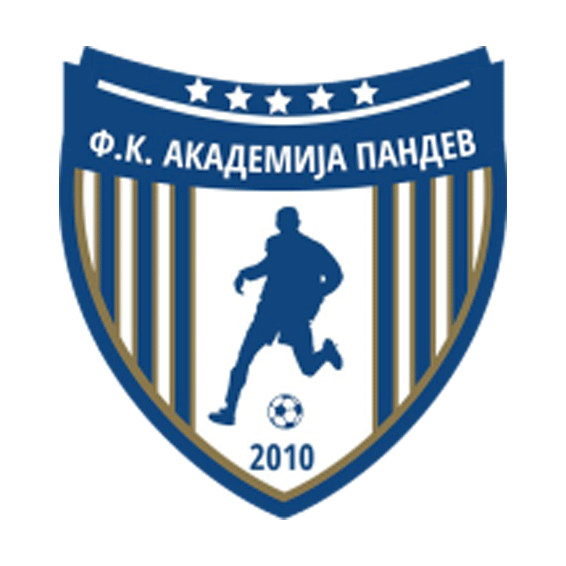

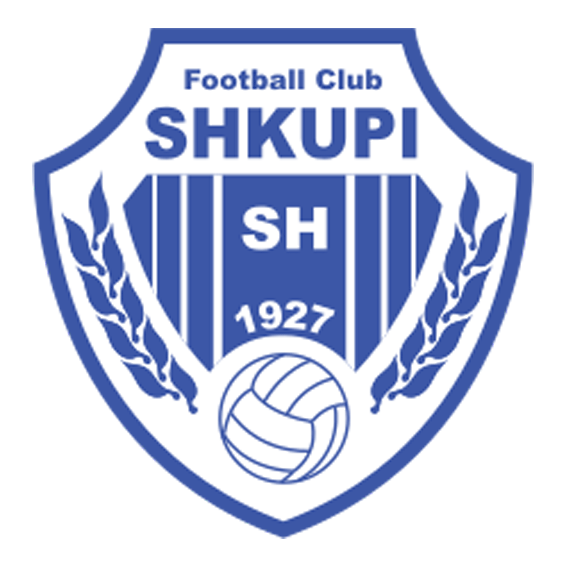
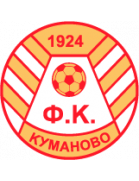
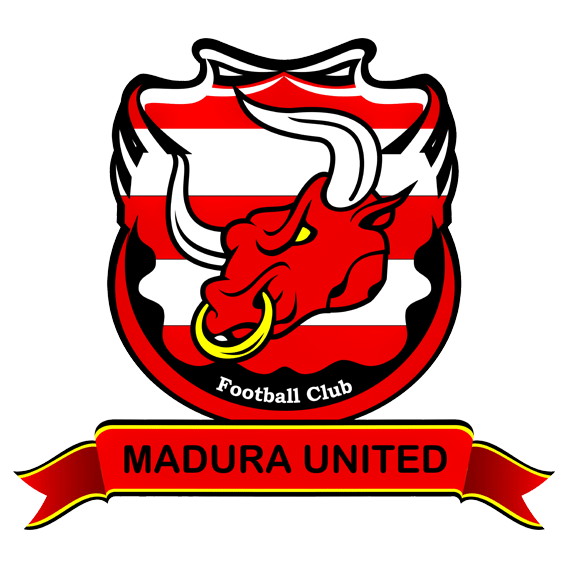

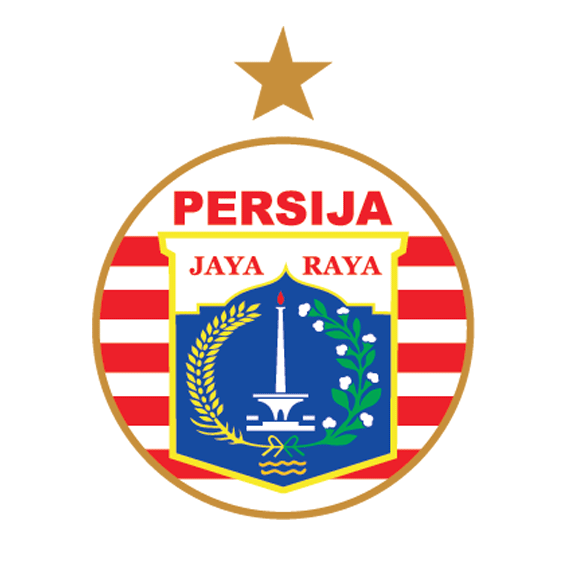

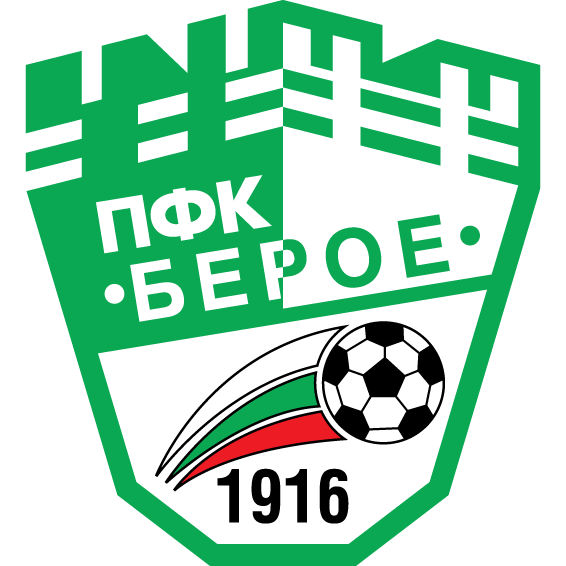
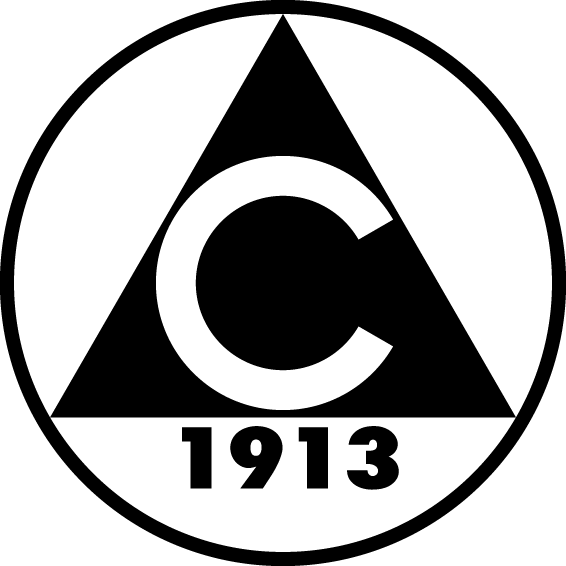

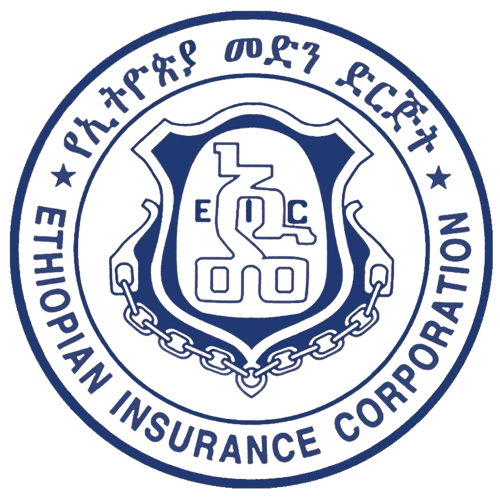
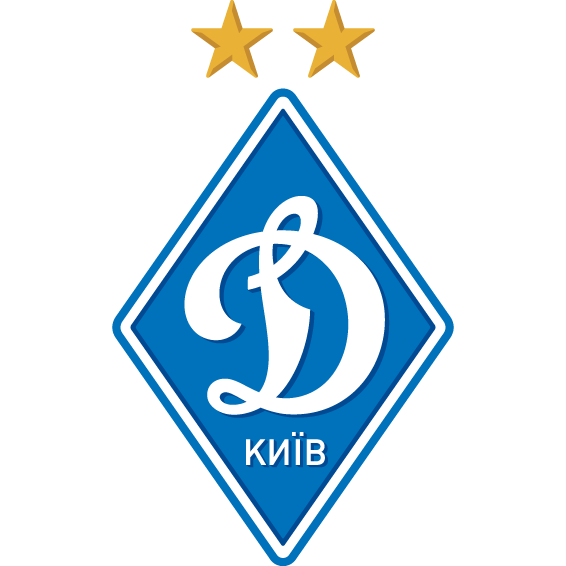
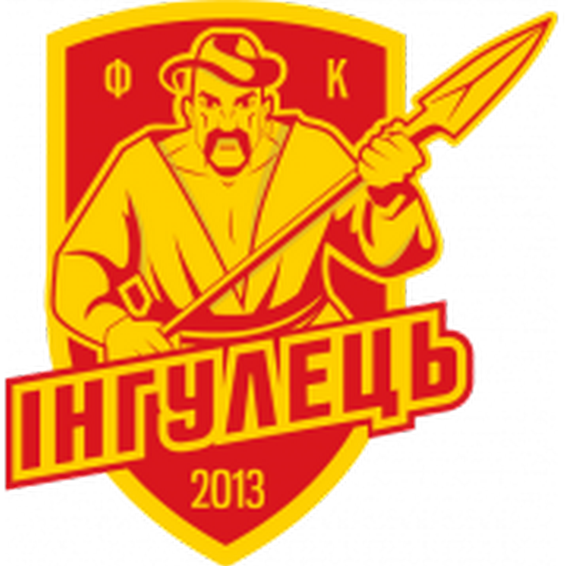
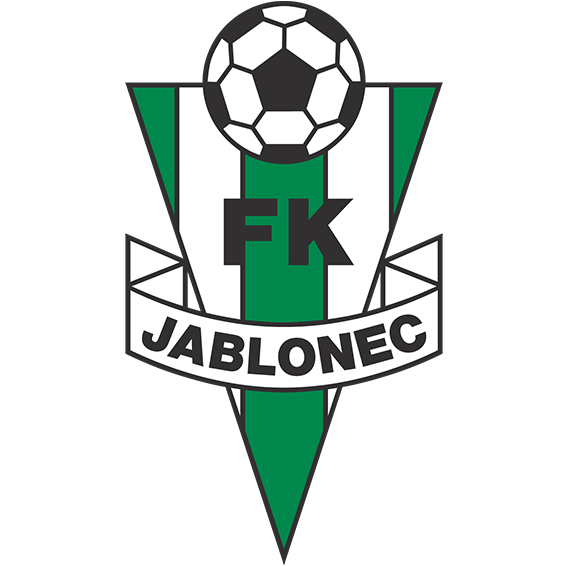
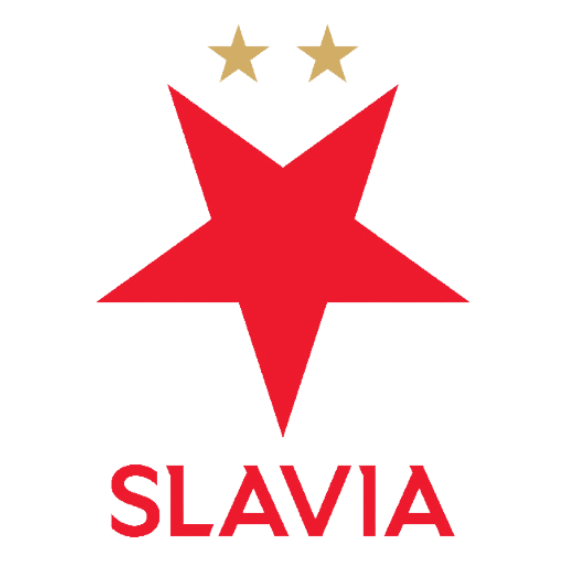























There are no comments yet. Be the first to comment!